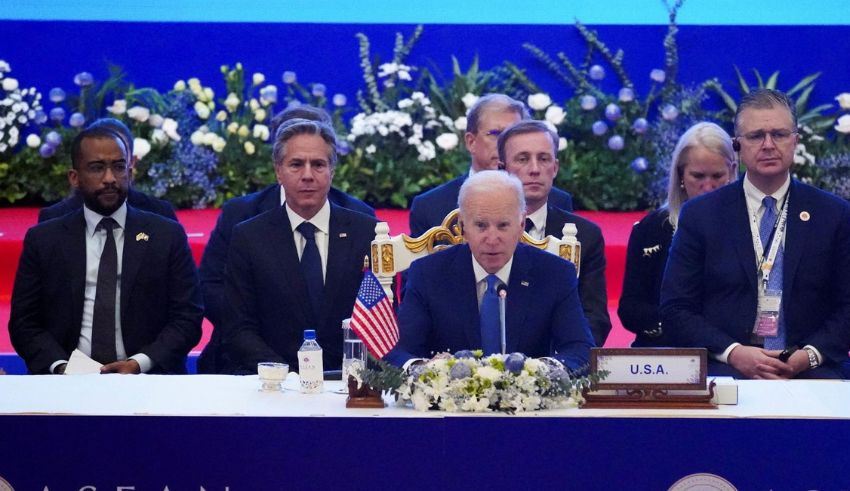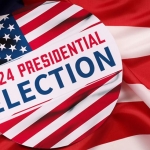
Southeast Asia is a region of strategic and economic importance, comprising 10 countries that are members of the Association of Southeast Asian Nations (ASEAN): Brunei, Cambodia, Indonesia, Laos, Malaysia, Myanmar, the Philippines, Singapore, Thailand, and Vietnam. The region has a population of about 650 million, a GDP of about $3.2 trillion, and a diverse array of cultures, religions, and political systems.
The United States has been a major partner and player in Southeast Asia, with interests and objectives ranging from trade and investment, to security and counterterrorism, to democracy and human rights. The U.S. has established formal and informal alliances and partnerships with several ASEAN countries, such as Thailand, the Philippines, Singapore, Indonesia, and Vietnam, and has supported ASEAN’s centrality and unity in regional affairs.
President Joe Biden, who took office in January 2021, has vowed to restore and revitalize the U.S. engagement and leadership in the Indo-Pacific, and to work with allies and partners to address the challenges and opportunities in the region, especially the rise of China, which is seen as a strategic competitor and a potential threat by the U.S. and some ASEAN countries.
Backing
The question of whether Southeast Asia is going to back Biden is not easy to answer, as the region has diverse and nuanced views and responses to the U.S. and its policies, and as the region faces complex and dynamic realities and pressures in its relations with China and other actors.
One of the most basic and essential ways that Biden could win the backing of Southeast Asia is by showing up and being present and visible in the region, both physically and virtually. This means attending and participating in the key regional forums and summits, such as the ASEAN-U.S. Summit, the East Asia Summit, and the ASEAN Regional Forum, and sending high-level officials and delegations to visit and engage with the ASEAN countries. This also means maintaining and enhancing the communication and consultation with the ASEAN leaders and officials, and listening and responding to their concerns and aspirations. Showing up could demonstrate the U.S. commitment and interest in the region, and could build trust and confidence among the ASEAN countries.
Keep Reading
Another important and effective way that Biden could secure the backing of Southeast Asia is by delivering and fulfilling the promises and expectations that he has made and raised for the region, both bilaterally and multilaterally. This means providing and expanding the assistance and cooperation in various areas and sectors, such as health, education, environment, infrastructure, and technology, and addressing and resolving the issues and problems that affect the region, such as the COVID-19 pandemic, the climate change, the maritime disputes, and the human rights violations. Delivering could prove the U.S. reliability and capability in the region, and could create value and benefit for the ASEAN countries.
A crucial and challenging way that Biden could gain the backing of Southeast Asia is by balancing and reconciling the divergent and conflicting interests and values that the U.S. and the ASEAN countries have in the region, especially in relation to China and its role and influence in the region. This means respecting and supporting the ASEAN’s autonomy and agency in dealing with China and other actors, and avoiding and preventing the ASEAN’s polarization and fragmentation along the U.S.-China rivalry. This also means acknowledging and accommodating the ASEAN’s diversity and complexity in its views and approaches towards China and its policies and actions, and finding and fostering the common ground and the convergence among the ASEAN countries. Balancing could enhance the U.S. credibility and legitimacy in the region, and could foster harmony and stability in the region.
Southeast Asia is a region that offers a lot of opportunities and challenges for the U.S. and its engagement and leadership in the Indo-Pacific, and for Biden and his administration and agenda in the region. Whether Southeast Asia is going to back Biden or not depends on how Biden and his team show up, deliver, and balance in the region, and how the ASEAN countries perceive and respond to the U.S. and its policies and actions in the region.



























